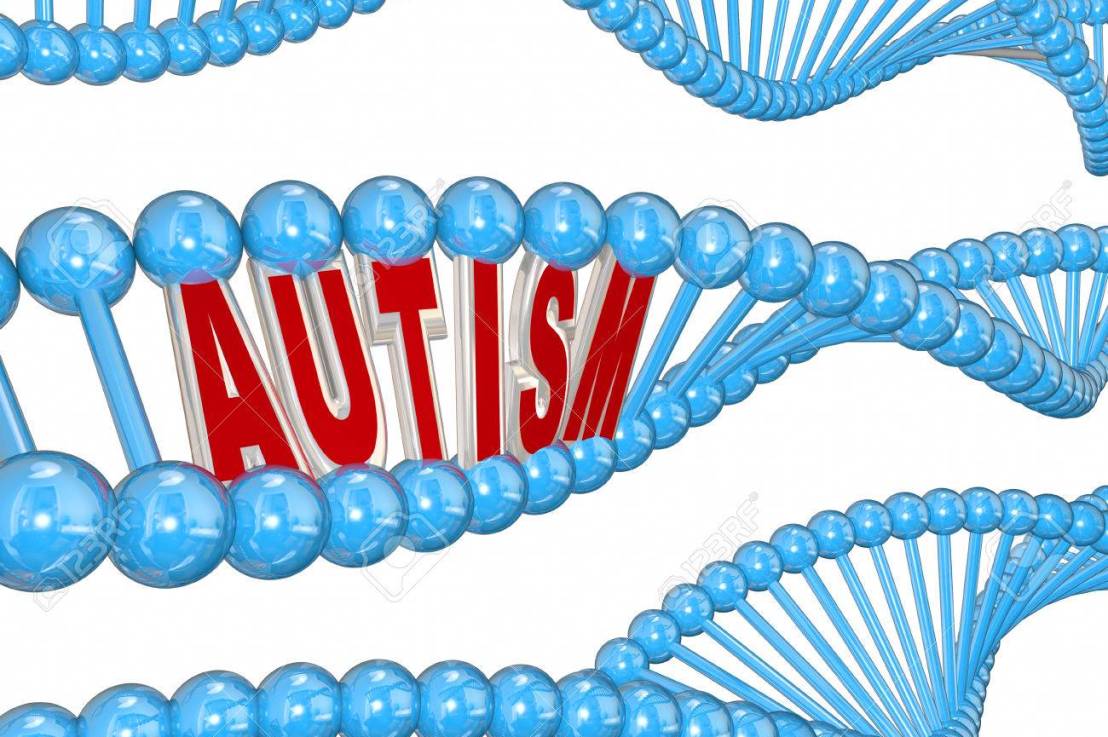By Janna Champagne, BSN, RN + ASD parent
I talk with clients every day about the importance of epigenetics, and with a little explaining, the light bulb flips on and realization hits. Epigenetics are a major cause of many chronic illnesses, including Autism Spectrum Disorders. 1
As an Autism parent, I’ve seen the positive impact of addressing epigenetic contributors first hand, and consider it a big hitter in my own daughter’s ASD recovery. The following is my rationale for prioritizing this intervention, plus some bonus info on the subject.
First, a couple of helpful definitions:
1. Epigenetics- environmental impact on gene expression (switches genes on and off)
While our genes are inherited and static (DNA doesn’t change), every gene has an on and off switch that can be triggered by environmental factors. This is a phenomenon known as epigenetics. University of Berkeley has been integral in researching and has published extensively on this subject. 2
2. Nutrigenomics is the term for genetically individualized supplementation used to offset the health-damaging results of epigenetic mutations. 3
The old adage is true, that given what it needs, the body will heal itself.
3. Single Nucleotide Polymorphism (snp) is a fancy name for a gene. Pronounced “snip” in conversation.
In referring to mutations:
Homozygous means inherited from both parents, (double=more severe impairment)
Heterozygous means inherited from only one parent (single=less severe impairment).
The most recognizable snp in regards to health impact is mthfr (methelenetetrahydrofolate reductase), one of many snp’s in the methylation pathway. In this case mthfr isn’t the abbreviation for the bad word, but if this mutation isn’t offset the “less PC” term is a fair description of the insult to ones health.
Methylation mutations are present in the majority of those with Autism. 4
This mutation manifests as lack of an enzyme which impairs the body’s ability to metabolize folic acid appropriately. Ample folate is pretty important for brain and immune function, two areas of high impact in autism. 4
Those with mthfr mutations end up with folate deficiency, which results in lacking critical components for several foundational chemical cycles. Correct folate metabolism is required for production of neurotransmitters, detoxification (glutathione production), neuro development, immune balance, and the list goes on. It’s no wonder that mthfr mutation is closely correlated with autism and other chronic illnesses.4
The severity of mthfr mutation impact varies. Homozygous (double) mutation causes a significant impairment in folic acid metabolism, while heterozygous (single) represents less impairment is present. Mitigating mthfr mutation requires nutrigenomic supplementation, which entails matching individual gene mutations with the best nutrient formulations to fill the specific deficiency. This ensures the body gets critical nutrients despite the missing chemical reaction links. 5
Mthfr is just one of several dozen Autism-applicable mutations that are addressed through our epigenetic consulting process at Integrated Holistic Care. Here’s an article supporting the presence of methylation (folate dependent) and trans-sulfuration mutations in autism, just two of the dozen+ areas addressed in our epigenetic screening process. 6
In addition, our epigenetic screening process also assesses the status of other important pathways specific to Autism, including liver detox phase I & II, gastrointestinal/glyoxalate metabolism, histamine pathway’s, endocannabinoid pathways, neurotransmitter pathways (dopamine/serotonin, epi/norepi), immune system factors, and nutrient metabolism/absorption. 7
This area of passion has led me into another application of the genetic testing: using results to guide cannabis therapy. If this interests you, here’s another entire article in the subject: www.integratedholisticcare.com/blog
The gene test kits costs as little as $99 (Ancestry.com) and use saliva, which is collected at home and submitted by mail. Easy peasy.
There’s is a prioritization to therapeutic nutrigenomics, so medical oversight by a knowledgeable practitioner is strongly advised. Our body is one system made of many moving parts, all of which work synergistically. The order snps are addressed is individual and based on which mutations are present, with consideration of all the moving parts and the body as a whole.
I chose to exemplify mthfr because it’s the popular kid, and the most readily recognized, and reputable information for those wishing to delve further into this subject is: http://www.mthfrsupport.com
The take home message is that epigenetic assessment and nutrigenomic interventions may help to slow or stop major contributors of the imbalances causing symptoms of Autism. Once the foundational/causal issues are addressed, faster recovery from the collateral damage may be facilitated. Nutrigenomics helps slow or halt the incoming contributors to imbalance, and facilitates clearing toxins already built up.
For those suffering with Autism, I feel addressing genetic contributors is a necessary component to healing, and progressing down the road to recovery. Every child with autism differs, and assessing epigenetics ensures an individualized approach.
If you’d like to learn more about our epigenetic screening services, please visit our website at: http://www.integratedholistuccare.com. From this link, you can also schedule a 15 minute intro call with a nurse to answer any questions you may have about our services. We look forward to hearing from you!
References
1. https://www.ncbi.nlm.nih.gov/pmc/articles/PMC4496129/
2. http://plantandmicrobiology.berkeley.edu/epigenetics
3. https://en.m.wikipedia.org/wiki/Nutrigenomics
4. https://onlinelibrary.wiley.com/doi/abs/10.1111/j.1582-4934.2008.00463.x
5. http://www.drhardick.com/genetics-detox-methylation
